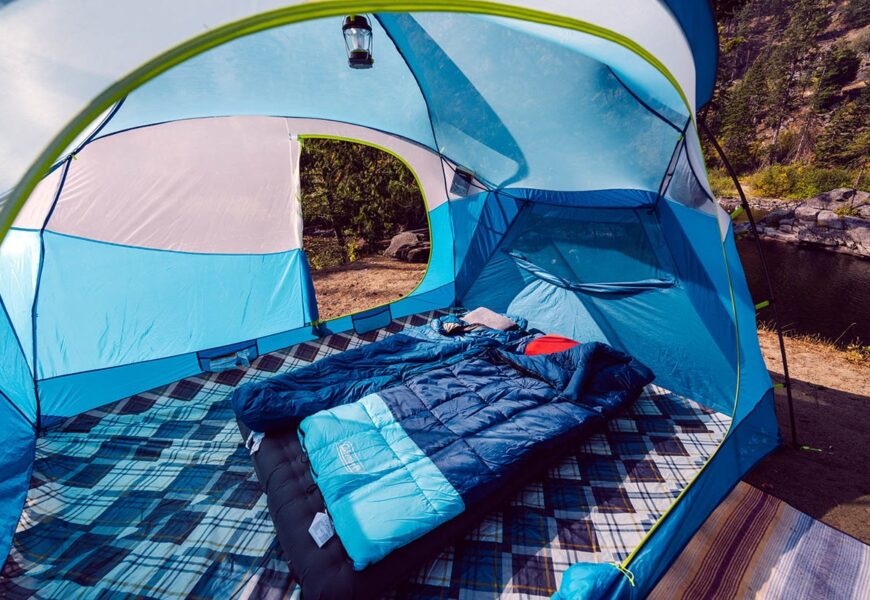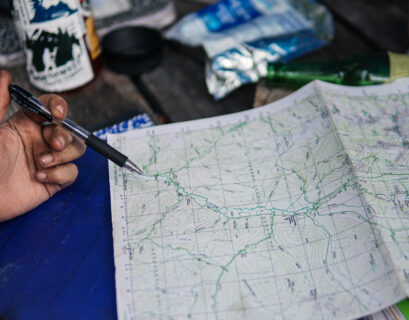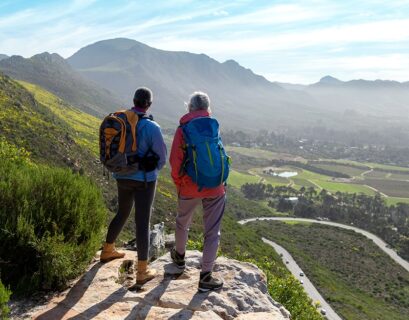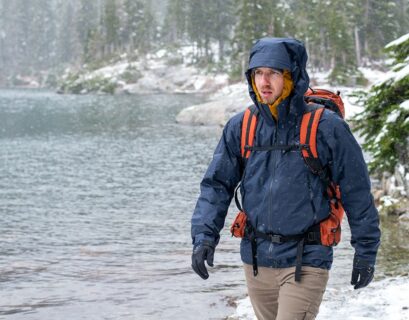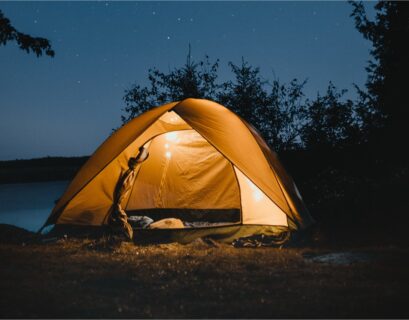Camping is a timeless and immersive outdoor activity that allows individuals and families to connect with nature, embrace simplicity, and create lasting memories. However, the camping experience can vary widely based on the chosen type of camping. In this guide, we’ll explore the different types of camping, highlighting their respective pros and cons, to help you choose the style that aligns best with your preferences and outdoor goals.
1. Tent Camping:
Pros:
- Affordability: Tent camping is often the most budget-friendly option, requiring minimal investment in basic gear.
- Versatility: Tents can be set up in various environments, from established campgrounds to remote backcountry locations.
- Connection with Nature: Sleeping in a tent allows for a more direct connection with the natural surroundings.
Cons:
- Comfort: Sleeping on the ground may be less comfortable compared to other camping options.
- Weather Dependency: Tents offer limited protection in extreme weather conditions.
- Limited Amenities: Access to amenities like showers and toilets may be limited in remote camping locations.
2. RV Camping:
Pros:
- Comfort and Convenience: RVs provide a more comfortable and convenient camping experience with amenities like beds, kitchen facilities, and bathrooms.
- Weather Protection: RVs offer better protection against adverse weather conditions.
- Accessibility: RV campgrounds often provide easy access to amenities and services.
Cons:
- Cost: RVs can be a significant investment, and maintenance and fuel costs add to the overall expense.
- Limited Wilderness Access: RVs are restricted to designated campgrounds and may not be suitable for remote or backcountry locations.
- Size and Maneuverability: Larger RVs may have limited maneuverability and may be challenging to park in certain areas.
3. Backpacking:
Pros:
- Wilderness Exploration: Backpacking allows for exploration of remote and pristine wilderness areas.
- Minimal Environmental Impact: Backpackers can access less-visited areas, minimizing the impact on popular campgrounds.
- Physical Challenge: Backpacking provides a physical challenge, promoting fitness and endurance.
Cons:
- Limited Comfort: Backpackers carry all necessary gear, and comfort is sacrificed for mobility.
- Skill Requirement: Backpacking demands skills in navigation, survival, and outdoor cooking.
- Weight Limitations: Limited carrying capacity may require careful selection of gear and supplies.
4. Car Camping:
Pros:
- Ease of Access: Car camping allows easy access to campsites, making it suitable for families and those with limited mobility.
- Comfort: Campers can bring larger tents, more gear, and comfortable sleeping arrangements.
- Amenities: Access to amenities such as showers and toilets is often available at car camping sites.
Cons:
- Crowds: Popular car camping sites may become crowded, affecting the sense of solitude.
- Limited Wilderness Experience: Car camping is typically done in established campgrounds, limiting the wilderness experience.
- Dependence on Vehicle: Access to the campsite is dependent on a vehicle, restricting exploration on foot.
5. Glamping (Glamorous Camping):
Pros:
- Luxury and Comfort: Glamping provides a luxurious and comfortable camping experience.
- Amenities: Lavish tents or accommodations often come with amenities like comfortable beds, electricity, and private bathrooms.
- Accessibility: Glamping sites are often easily accessible and may cater to individuals who prefer a more pampered experience.
Cons:
- Cost: Glamping is generally more expensive than traditional camping options.
- Limited Wilderness Connection: The focus on luxury may result in a less immersive experience in nature.
- Availability: Glamping sites may be limited, and reservations may be required well in advance.
6. Overlanding:
Pros:
- Off-Road Exploration: Overlanding involves traveling to remote locations in off-road vehicles, providing access to less-traveled areas.
- Self-Sufficiency: Overlanders carry their accommodations and supplies, promoting self-sufficiency.
- Adventure: Overlanding combines camping with the thrill of off-road exploration and adventure.
Cons:
- Vehicle Requirements: Overlanding requires a capable off-road vehicle and specialized equipment.
- Skill and Planning: Successful overlanding demands navigation and survival skills, along with meticulous trip planning.
- Limited Accessibility: Overlanding may be limited to regions with suitable off-road terrain.
7. Winter Camping:
Pros:
- Scenic Beauty: Winter camping offers breathtaking landscapes and a unique outdoor experience.
- Solitude: Campgrounds are less crowded during winter, providing a quieter and more secluded experience.
- Outdoor Recreation: Winter camping often includes activities like snowshoeing, cross-country skiing, and ice fishing.
Cons:
- Cold and Challenging Conditions: Winter camping requires specialized gear to endure cold temperatures and challenging conditions.
- Shorter Days: Limited daylight hours during winter may impact outdoor activities and camping routines.
- Specialized Gear: Winter camping demands additional gear, including insulated clothing, a four-season tent, and a reliable heating source.
Conclusion:
Choosing the right type of camping depends on individual preferences, experience levels, and desired outdoor experiences. Whether you opt for the simplicity of tent camping, the convenience of RV camping, the ruggedness of backpacking, or the luxury of glamping, each type offers a unique set of advantages and challenges. Consider your priorities, comfort level, and the kind of adventure you seek to ensure a camping experience that aligns with your outdoor aspirations. Whether under the stars in a remote wilderness or nestled in the comfort of an RV, camping remains a versatile and rewarding way to connect with nature.

